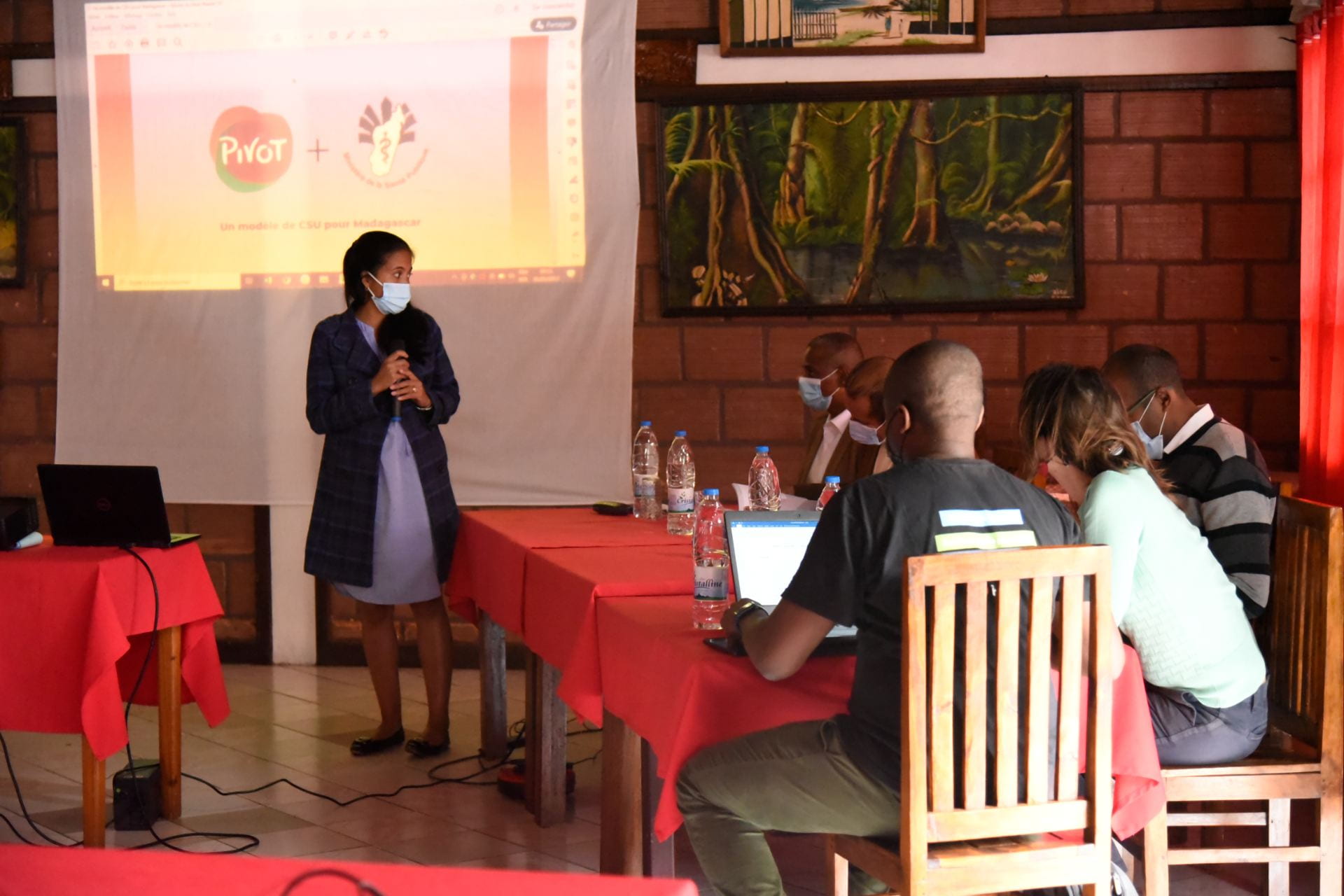Research Description
Impact evaluation is an important part of any program and is especially important and challenging in interventions targeting strengthening a health system (HSS). Our teams have pioneered methods for robust impact evaluations that compare situations at baseline and follow-up or between an intervention and a control area to assess the influence (including both benefits or unforeseen harms) of the intervention on the population, but also on the quality and capacity of the health system. Our approach includes the assessment of facilitators and barriers to implementation; whether the program is reaching the population it intends to reach; and details of the mechanisms through which impact is achieved. Measuring the impact of an HSS intervention requires information on both process indicators to answer questions about whether the intervention is performing as intended and outcome indicators to answer questions about whether the intervention is having an impact on people’s health.
In previous work, we have assessed the impact of a community based accompaniment program to support HIV care. Additionally, we evaluated a district wide integrated primary care intervention in Rwanda and explored the impact of exogenous factors on the outcomes of these evaluations. We have used a similar approach to conduct ongoing assessment of a district level health system strengthening program in Madagascar and to focus on child and maternal health outcomes within that initiative. We have also worked with the non-governmental organization, COPE, to assess the impact of community-based interventions to promote diabetes care in the Navajo nation.
Research Projects
Impact of community-based outreach interventions on diabetes care in the Navajo Nation
Description: This set of studies documents the impact of a series of COPE community-based interventions on chronic care outcomes among people with diabetes living the Navajo nation.
Core Member(s): Letizia Trevisi, Sidney Atwood (PI: Shin, S.)
Funder: Patient-centered Outcomes Research Institute (PCORI)
Funding Number: AD-1304-6566
Integrating science and health system strengthening in rural Madagascar: a prospective cohort study
Description: To establish a research platform of a longitudinal cohort of individuals across the lifespan who are resident in Ifanadiana District; to measure differences in care-seeking behavior and access to care for acute illnesses as a Health System Strengthening activities are rolled out across the District; to estimate survival to age 5 in children across the District from 2014-2018.
Core Member(s): Ann Miller (PI)
Funder: PIVOT research funding
Funding Number: N/A
Top image courtesy of Pivot.
